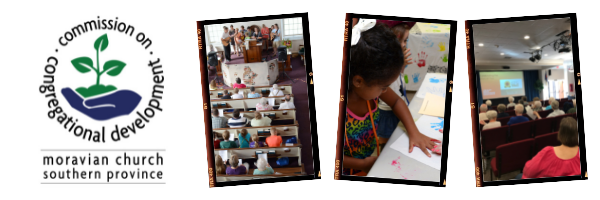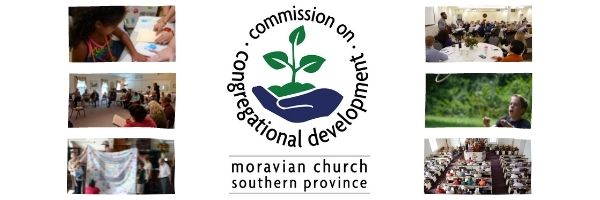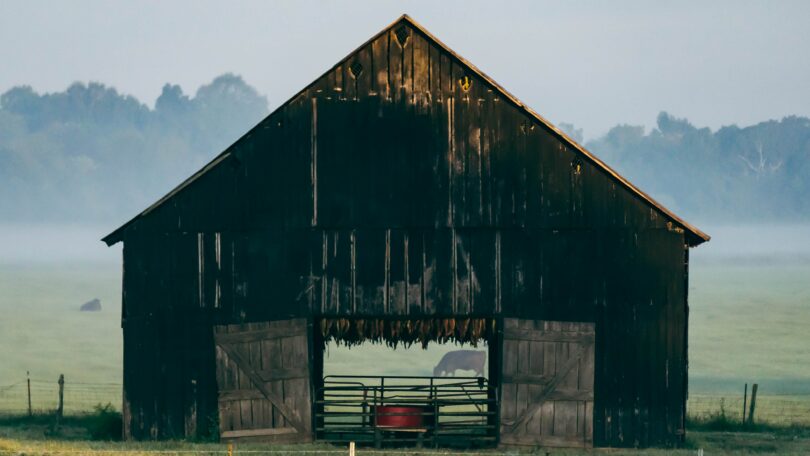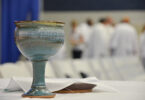
BY REV. DAVID MERRITT |
One of my many jobs in my youth involved priming tobacco leaves, stringing them on sticks and then hanging long tobacco sticks onto tier poles in the barn to be cured by heat. It was a long day of work and by the end of the day, most of the work was done except for loading the barn. Each stick was placed into the barn, handed to another person who in turn placed the sticks along tier poles to be cured. Tobacco barns were simple log structures with tier poles that went the length of the barn from front to back. This allowed for leaves to hang free and cure over slow heat from the bottom of the barn.
Until the barn could be loaded, the sticks were laid on top of each other under the cool of a tree. So when the sticks were lifted up into the barn the leaves on the bottom of the pile were still wet with the morning dew. Now for the person who carried them into the barn and lifted them up to the person on the tier pole (no easy task) the dew would drip like rain drops on their head, face and upper body. By the end of the evening, one was soaked with sweat and dew drops.
The top tier poles were the most dangerous. One had to manage to walk on each pole and place the sticks carefully so that the tobacco would dry and cure completely. Then the upper worker would carefully move from one side to the other without falling or breaking any sticks. It was dangerous work suited for long legged, long armed folks with a knack for nimble footwork. And to be sure, both the lower worker and the upper worker had to be “in sync” with each other.
In many ways, It was a wonderful learning environment for me as a young person. I learned the value of hard work. I learned new skills. I learned how to follow directions, to pace myself, to work in tandem with another person and the most valuable lesson – the beauty of finishing a day of work and saying to myself – “A good day’s work.” I found that the tobacco barn held many life lessons.

Image via Rusty Watson on Unsplash.com
Each person on the family farm during tobacco season was valued and provided a needed hand to complete the task. The tasks were routine after a while but never without a surprise along the way. For me, the time spent working made me feel good about myself. And being part of the team (a local family unit) allowed us to utilize our gifts and abilities to achieve a desired outcome. I found out that dew drops in the evening burn your eyes when tobacco leaves are “laid by.” And good food, laughter, and an after dinner rest makes a hard day’s work worth doing.
Now there may not be a big takeaway in a theological way when one thinks of tier poles, tobacco barns and working in the heat of the day. But in terms of being united together in a common task, as in the work of a community of faith, the parallels are apparent. In one’s work in the church, there will be hardships, difficult tasks, long days but when we work together on desired outcomes, we are blessed with positive accomplishments.
We should in the community of faith, live and work as an expression of personal stewardship of our very beings. Created in God’s Image, we are called to labor in the Kingdom as willing servants, whether we work all day or are called for later hours (as in the parable of the workers in the vineyard). Finally, such tasks allow us to see the value of our labor (with both heart and hand) and join us together in mutual cooperation to live for Christ and Christ Alone.
Nowadays, such work on a family tobacco farm is much different: Automation, bulk barns, larger farms and advances in science replaced the old family tobacco farm. But the life lessons taught to me by the Denny family have stayed with me for a lifetime. I still find value in a good day’s work and learning together as an expression of my personal stewardship of life in God’s Kingdom. So, even today, you may find me with a mower, a paint brush or even a hammer any day of the week.
Oh, and for the icing on the cake… a nice shower, a trip to the Dario and a chocolate milkshake – it was all worth it in the end. Be at peace with yourself, friend traveler. Be at peace with the world around you, and find peace in doing both small and great things for the God of the harvest.
About the author
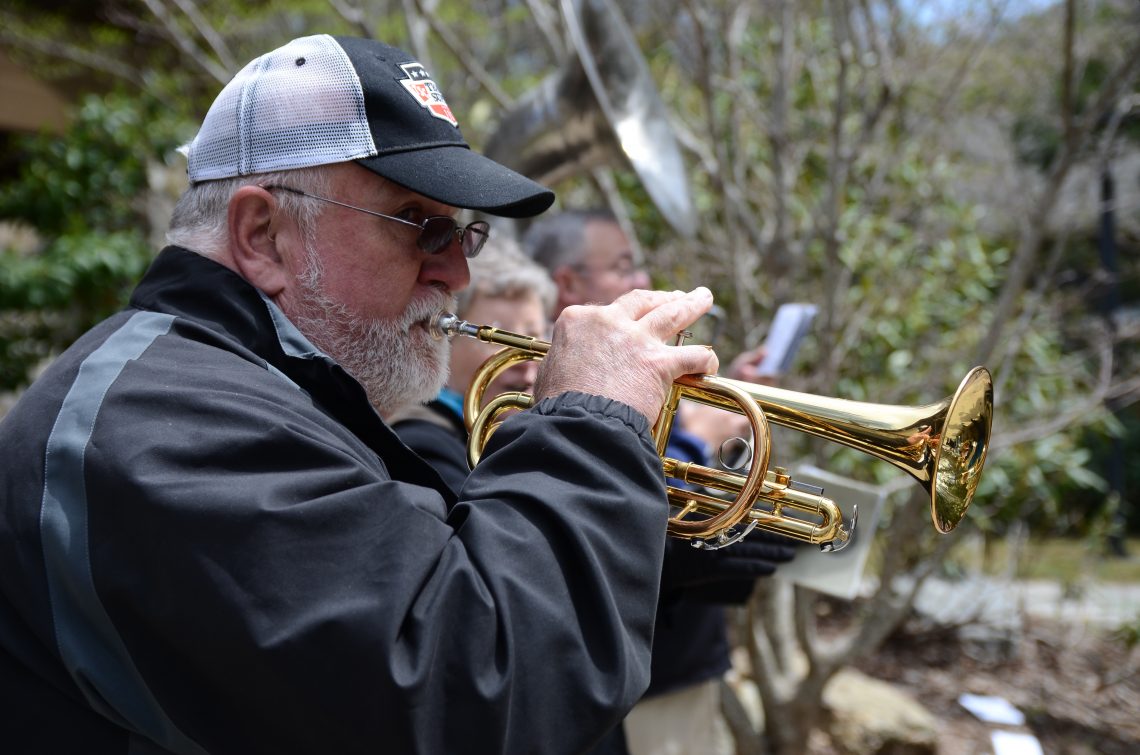
The Rev. David Merritt is a retired Pastor, former Dean, Outreach Director, and Chaplain, but he’s “papa” according to his grand-kids. David loves God, Laurel Ridge, and his family. He has enough sense to get out of the rain but prefers raindrops anyway.
Requests for republishing, click here
Want to volunteer to write for us? Click here

